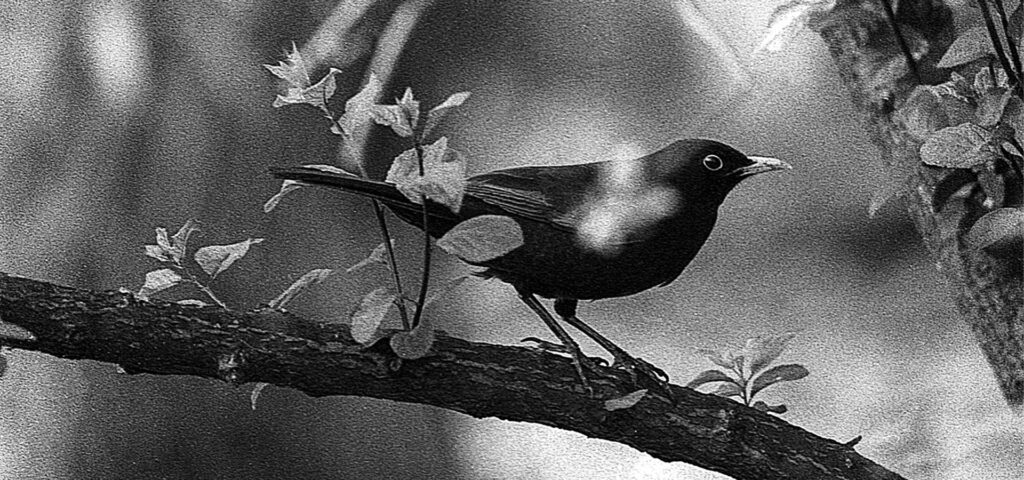
Blackbird / BLACKBIIRD
Beyoncé has, today, released her brand new highly anticipated album Cowboy Carter.…
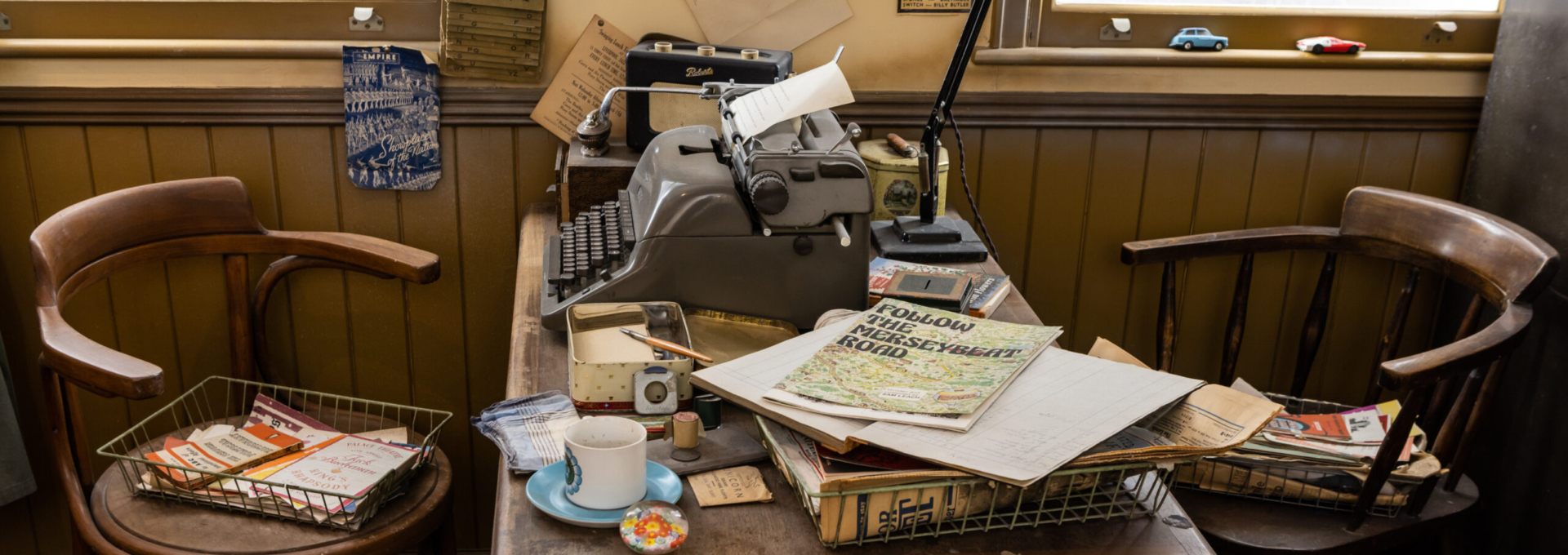
Keep up to date or learn something new by delving into our latest news updates, articles and blogs.

Blackbird / BLACKBIIRD
Beyoncé has, today, released her brand new highly anticipated album Cowboy Carter.…
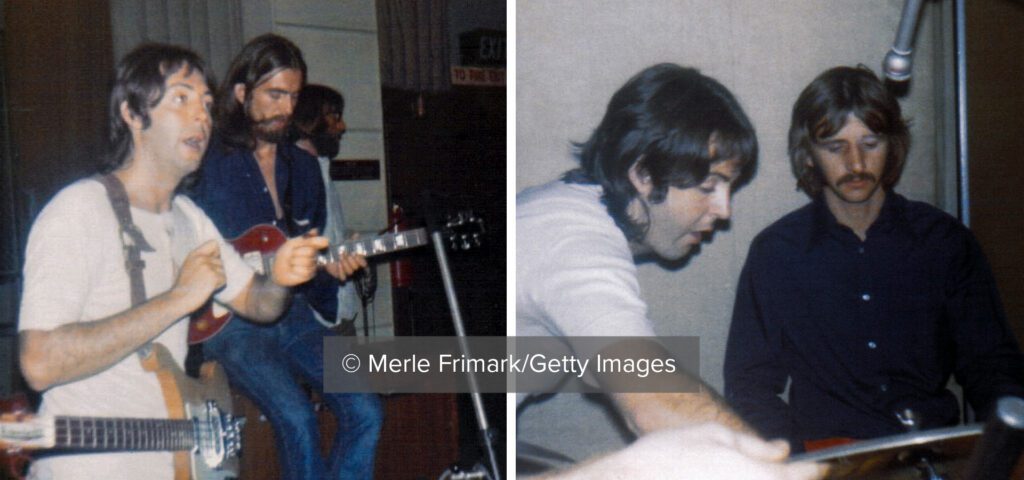
Beatlemania in USA - 60 Years - Merle Frimark
In February 2024, The Beatles Story are celebrating 60 years since The…
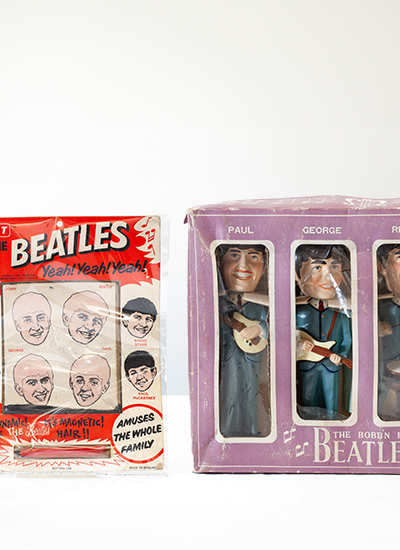
My Beatles Collection
Jeff Thelen is a friend and ambassador of The Beatles Story who…
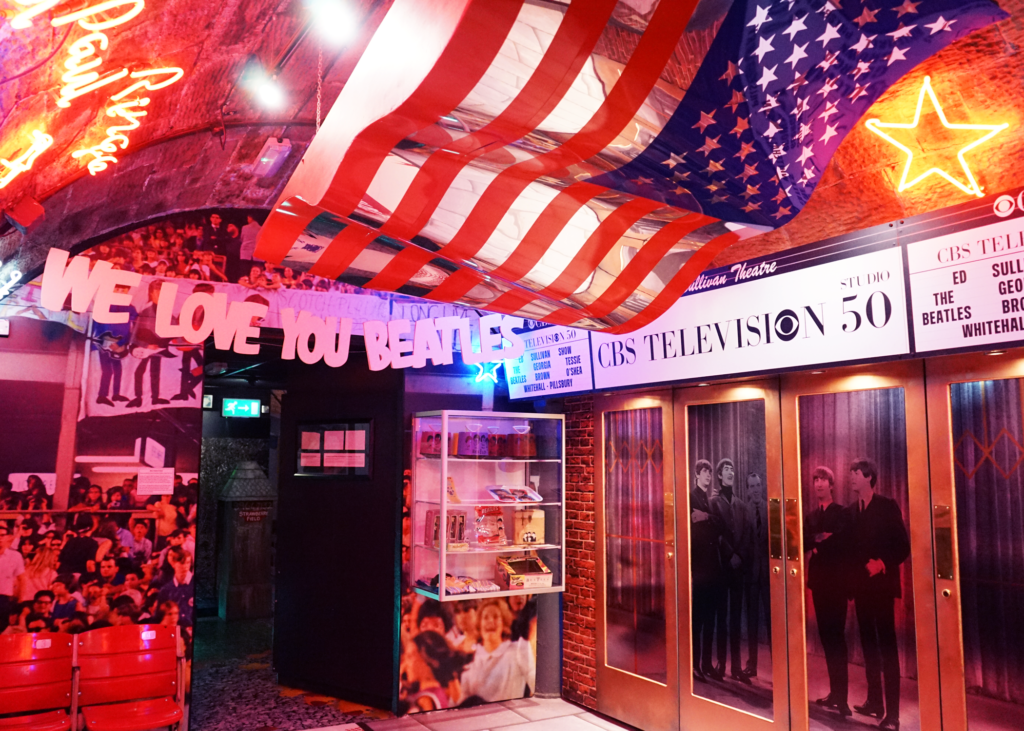
60th Anniversary of The Beatles In The USA
60 years ago on 7th February 1964, The Beatles landed at JFK…
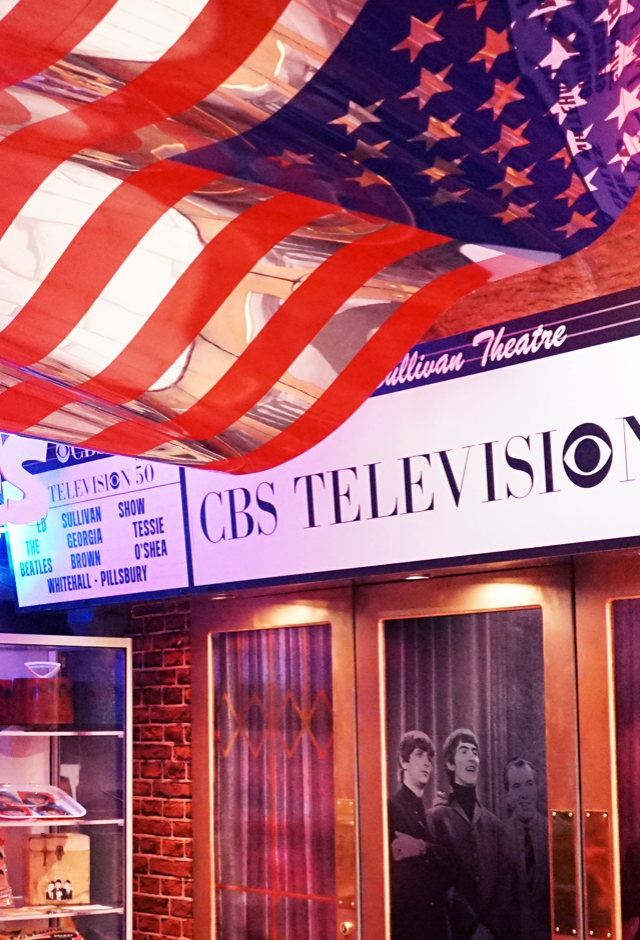
The Beatles in the USA Exhibition
The Beatles in the USA ‘The Beatles in the USA’ exhibit at…
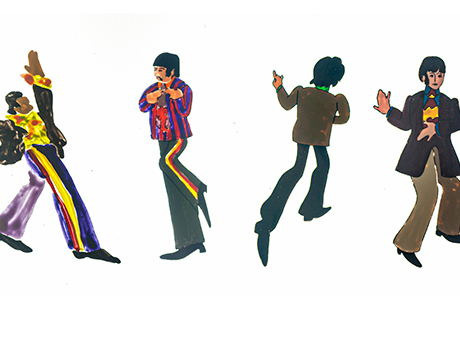
Yellow Submarine Animation Cels
Along your journey through The Beatles Story’s immersive exhibition, you will encounter…
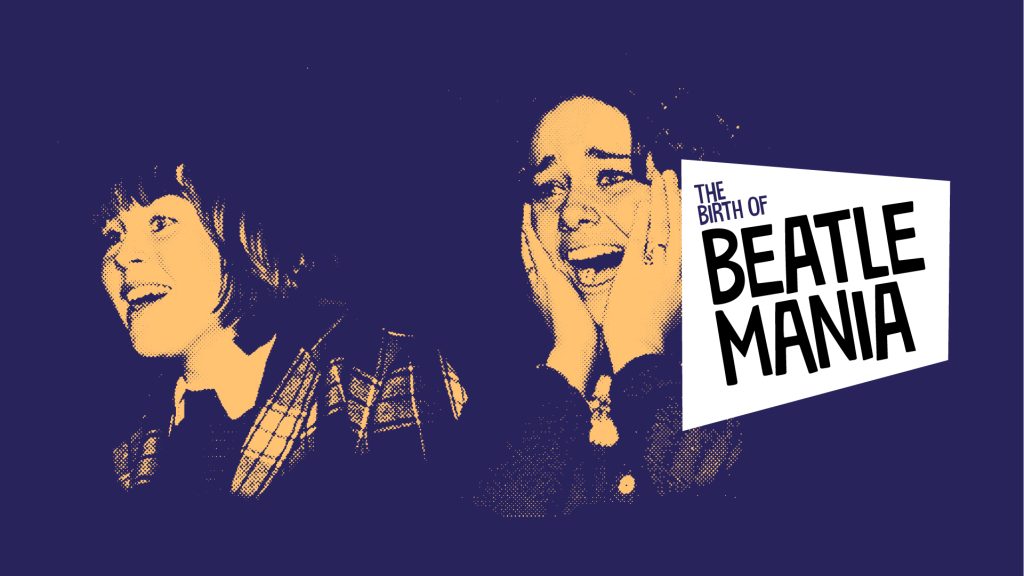
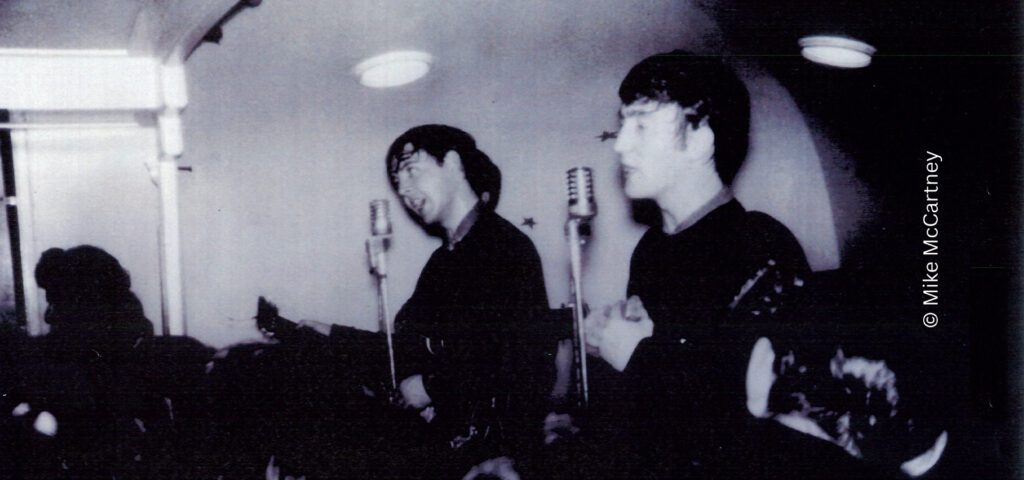
The Beatles and Mersey Ferries
The Beatles and Mersey Ferries: two key parts of Liverpool’s rich history.…
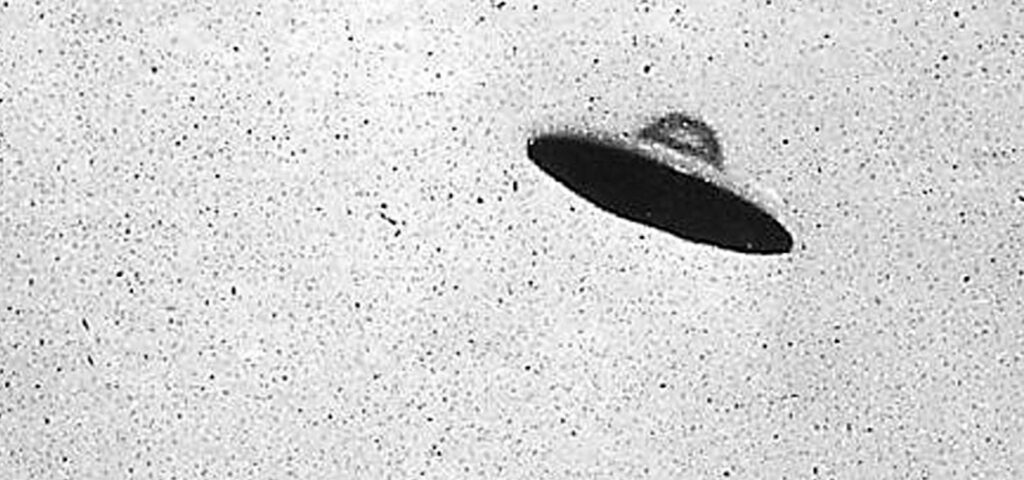
“There's UFOs over New York”
Was John Lennon visited by a traveller from ‘Across The Universe’? On…